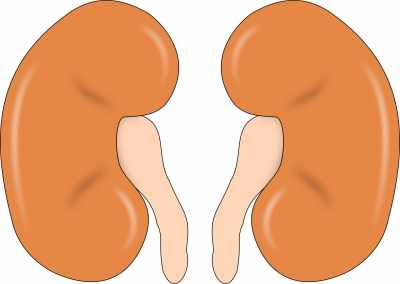Encountering violent online content starts at primary school – Ofcom

Children first see violent online content while still at primary school and describe it as “inevitable” and “unavoidable”, according to an Ofcom study.
The regulator said the 247 children it spoke to during a research workshop had commonly encountered violent 18+ gaming content, verbal discrimination and fighting.
All of the children reported seeing violent content online, mostly via social media, video-sharing and messaging sites and apps, with “many” saying this had happened before they had reached the platforms’ minimum age restrictions.
Children should not feel that seriously harmful content – including material depicting violence or promoting self-injury – is an inevitable or unavoidable part of their lives online
Gill Whitehead, Ofcom online safety group director
Sharing videos of local school and street fights has also become normalised for many of the children, for some because of a desire to build online status among their peers and followers and for others to protect themselves from being labelled as “different” for not taking part.
Some children also mentioned seeing extreme graphic violence, including gang-related content, albeit much less frequently.
Ofcom said the teenage boys it spoke to were the most likely to actively share and seek out violent content, often motivated by a desire to “fit in” and gain popularity, due the high levels of engagement the content attracted.
Some 10 to 14-year-olds described feeling pressure not only to watch violent content, but to find it “funny”, fearing isolation from their peers if they did not.
Older children were less likely to share violent content, but this was because they appeared to be more desensitised to it.
Most of the children said they unintentionally encountered violent content through large group chats, posts from strangers on their newsfeeds or through systems which they referred to as “the algorithm”.
Many felt they had no control over the violent content suggested to them, or how to prevent it, which could make them feel upset, anxious, guilty and even fearful, particularly given they rarely reported it.





